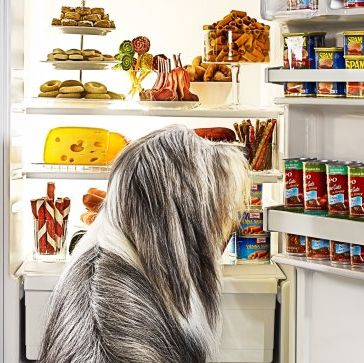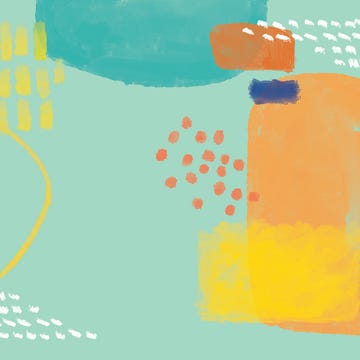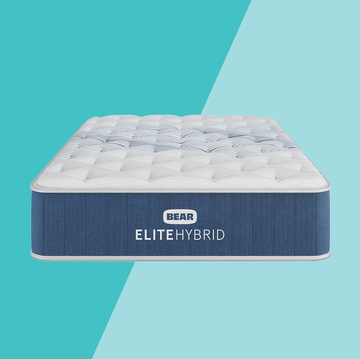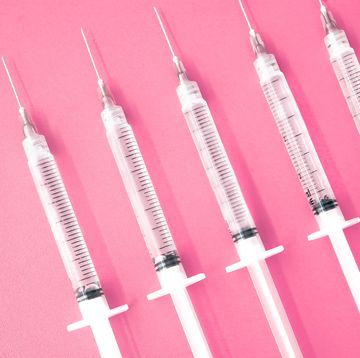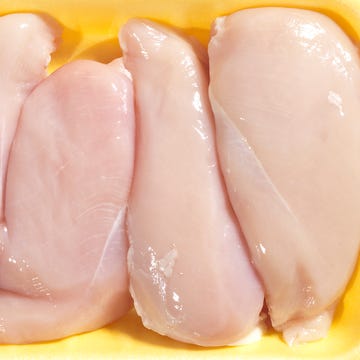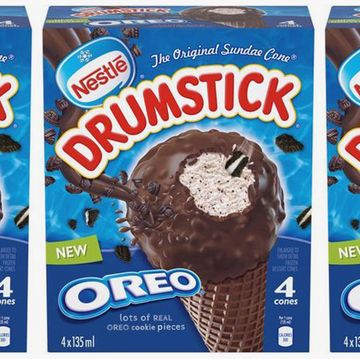So this is a thing now—it’s called “humanization.” Nope, not like the movie where a nerdy guy falls in love with his computer’s female voice. Humanization is our urge to treat our pets as we treat ourselves—and it’s the reason why you’re seeing more and more pet vitamins and supplements at your local supplement store, pet supply retailer, drug store, and supermarket. The rationale behind it: “I take vitamins. Shouldn’t I take care of my dog or cat’s nutritional needs, too?”
"People want for their pets what they want for themselves—so we have pet spas, pet-friendly hotels, cushy pet beds, pet toys that appeal to humans—you name it," says Ann E. Hohenhaus DVM, DACVIM (SAIM, Oncology), staff veterinarian at the Animal Medical Center in New York City.
But do we actually need to supplement our dogs' and cats' diets as we do our own? Probably not, says Hohenhaus. "Most pet foods are labeled 'complete and balanced nutrition,' for a particular stage of a pet's life (kitten, puppy, senior, for example). The Association of American Feed Control Officials, an agency that controls the ingredients and nutrition in animal foods, uses that term to designate food that contains all the nutrients our pets require. Look for it on pet food labels," advises Hohenhaus.
MORE: 20 Ways To Keep Your Pet Safe This Summer
Turns out, you probably already feed your pet better than you feed yourself, says Hohenhaus. Your own diet may not be complete or balanced (are you actually getting five to nine fruit and veggie servings a day? What about your two low-fat daily dairy servings? Whole grains? Lean proteins?) If you're feeding your pet a "complete and balanced" pet food, he's getting all the vitamins, minerals, and other nutrients he needs. Buying extra vitamins for properly fed pets is a waste of money. Save the dough to buy veggies at the farmers' market—for you!
Medical exceptions to the no-vitamin rule exist, and your vet will tell you if your four-legged pal needs supplementation. For example, certain intestinal conditions require B12 injections, dogs with some autoimmune skin disorders need niacin, and pregnant dogs need extra calcium.
MORE: What Your Dog's Health Says About You
If you're feeding your dog or cat a homemade diet, or food that's not labeled "complete and balanced," talk to your vet to see whether you need to give him vitamins or other supplements to make sure he's getting the nutrition he needs for a long, healthy life.

